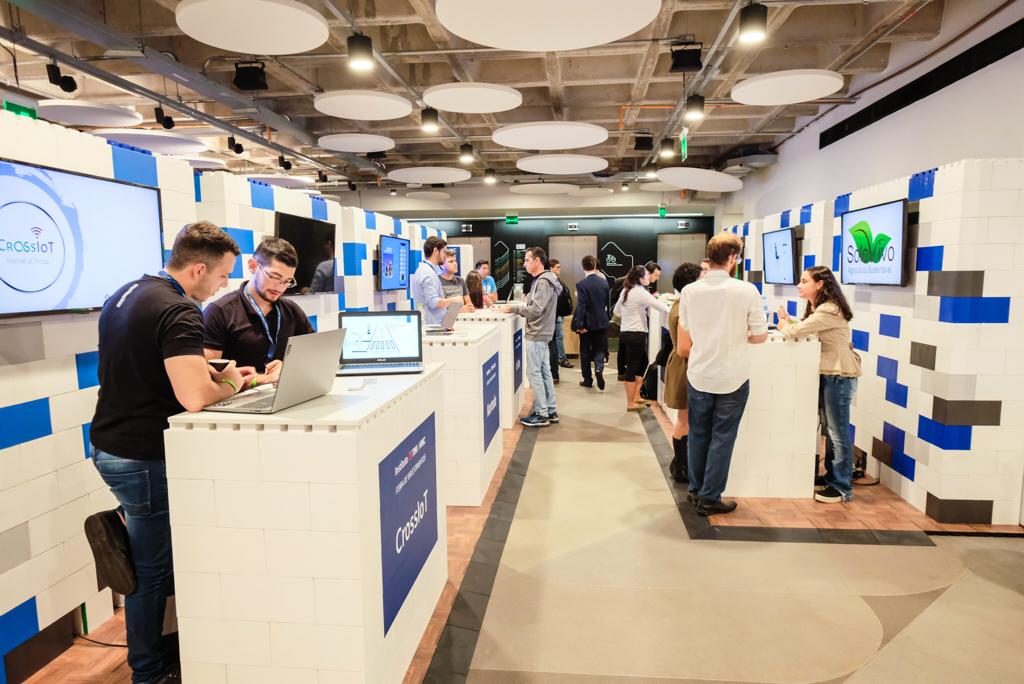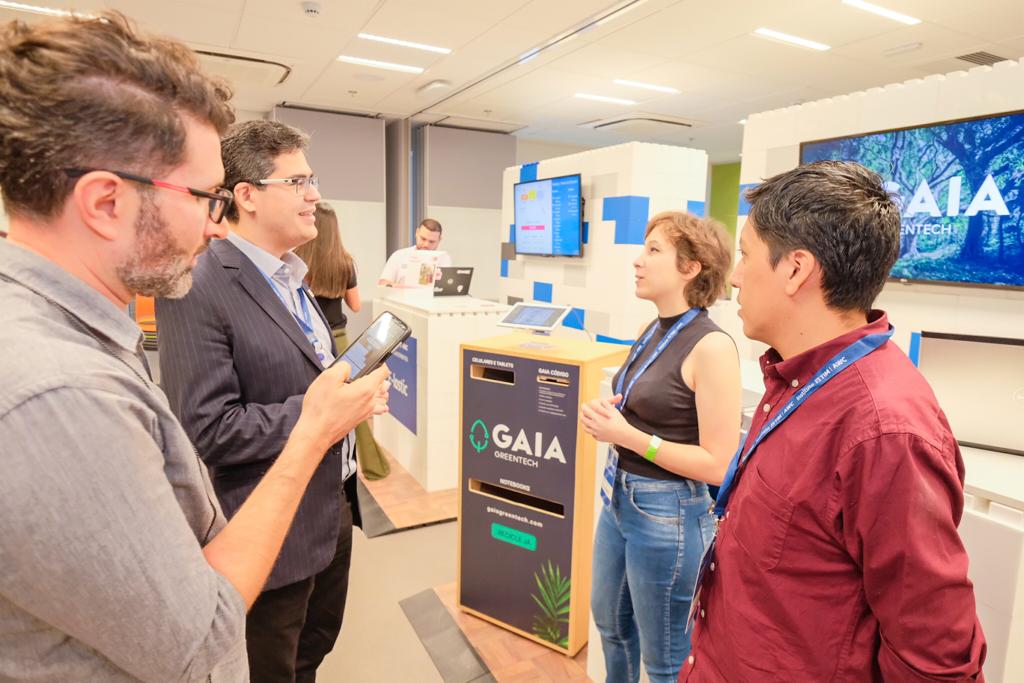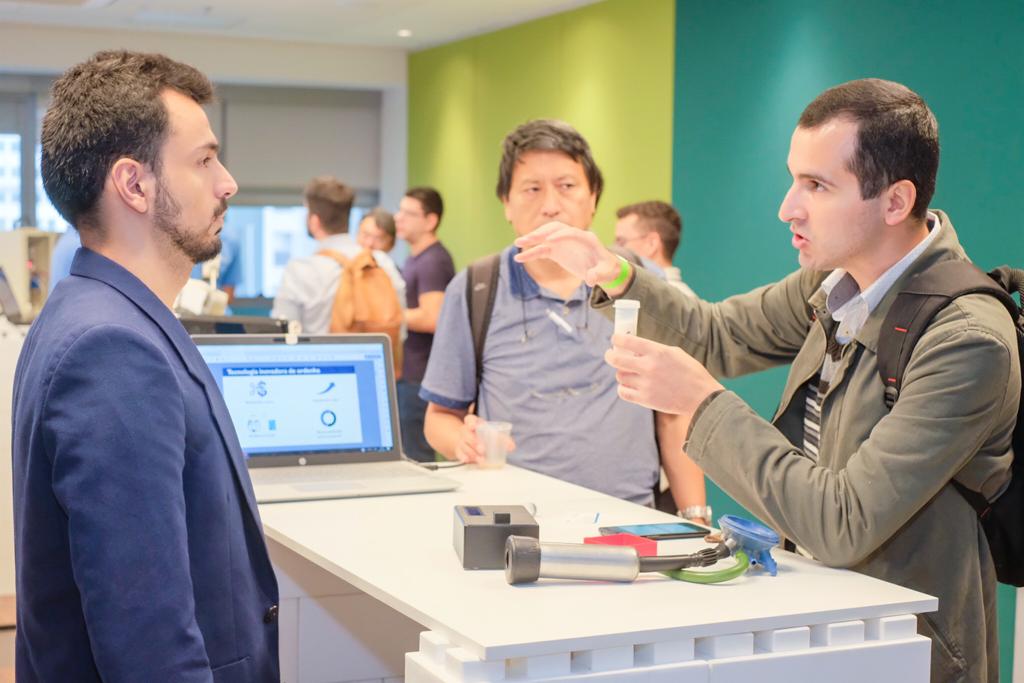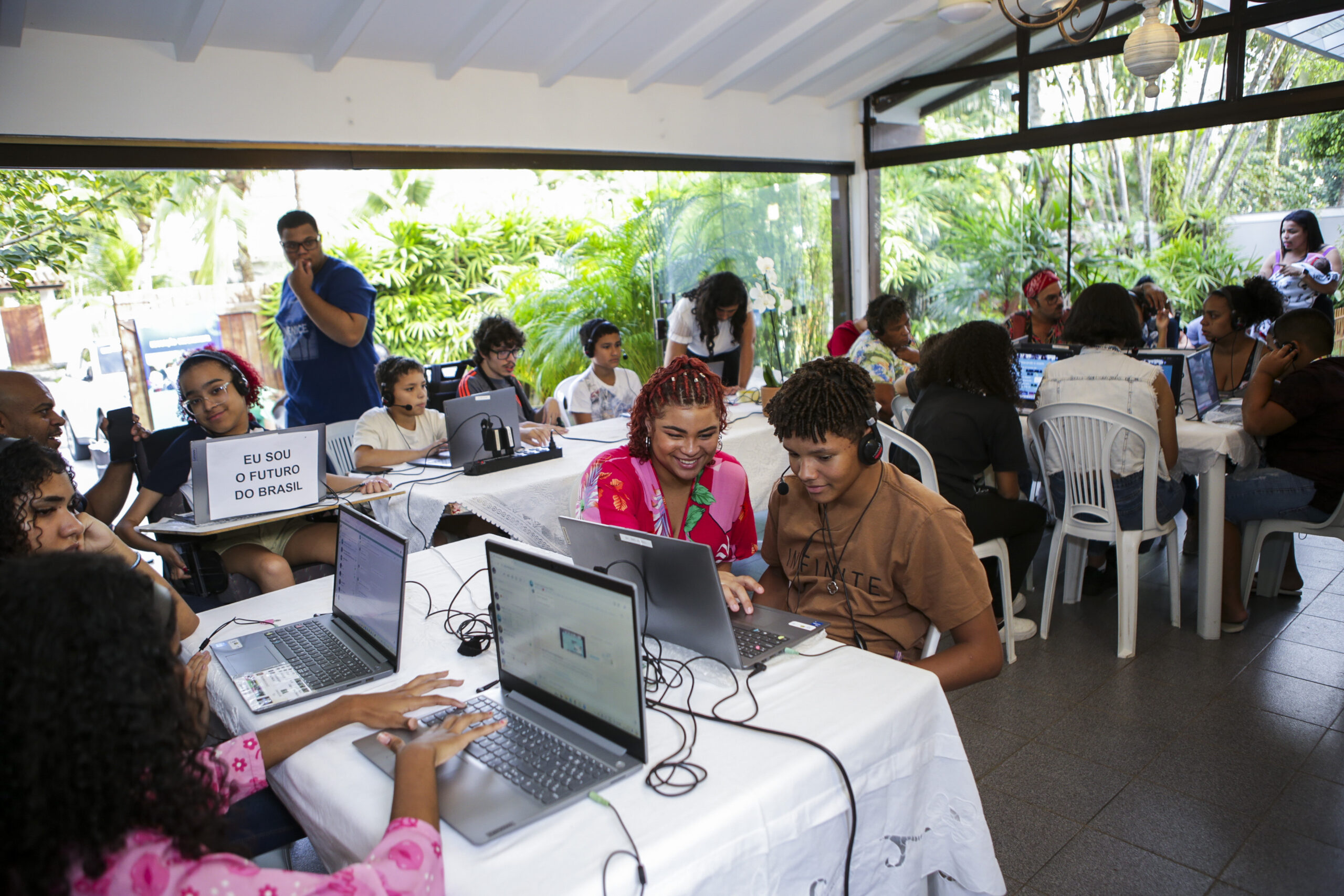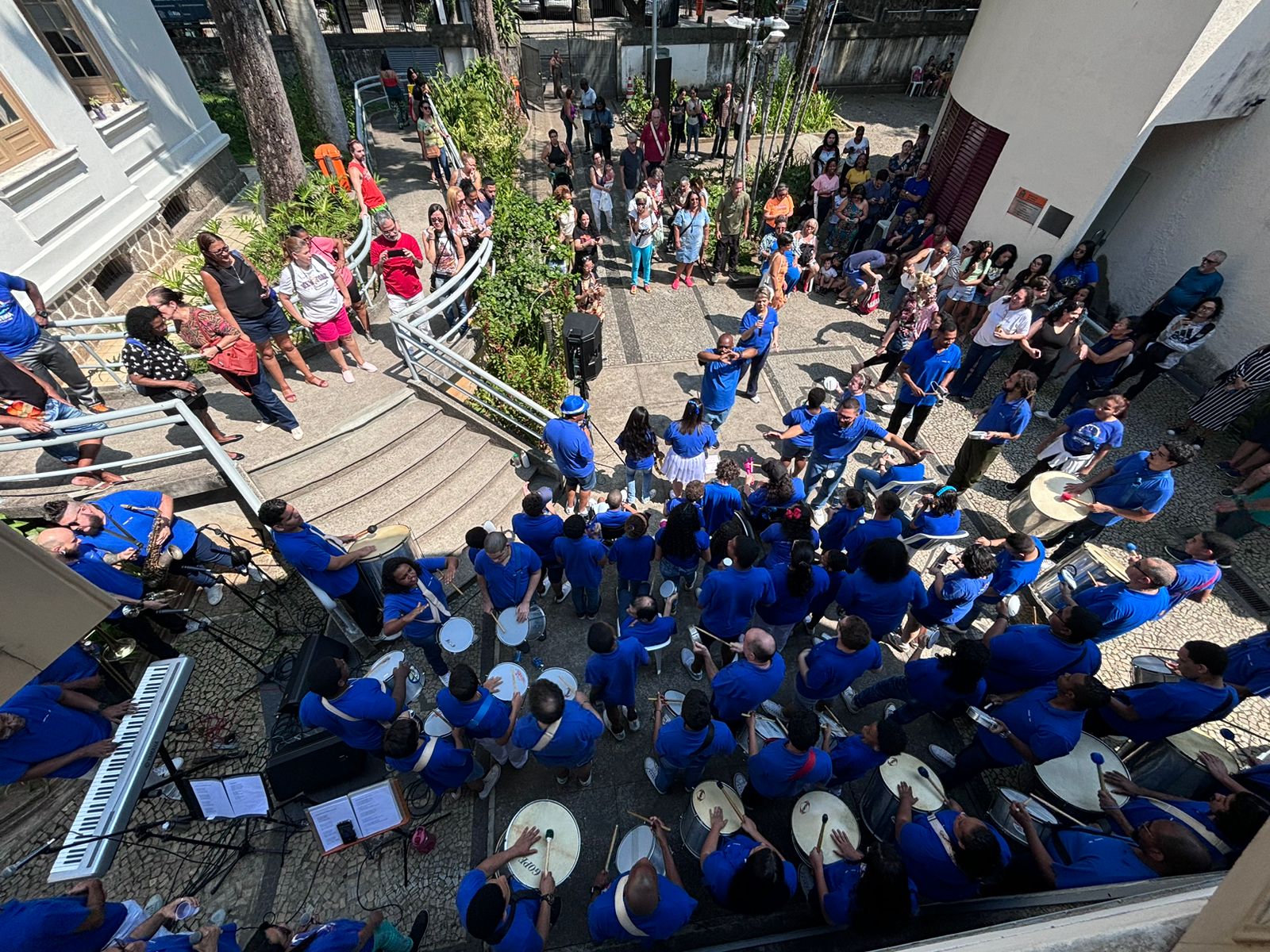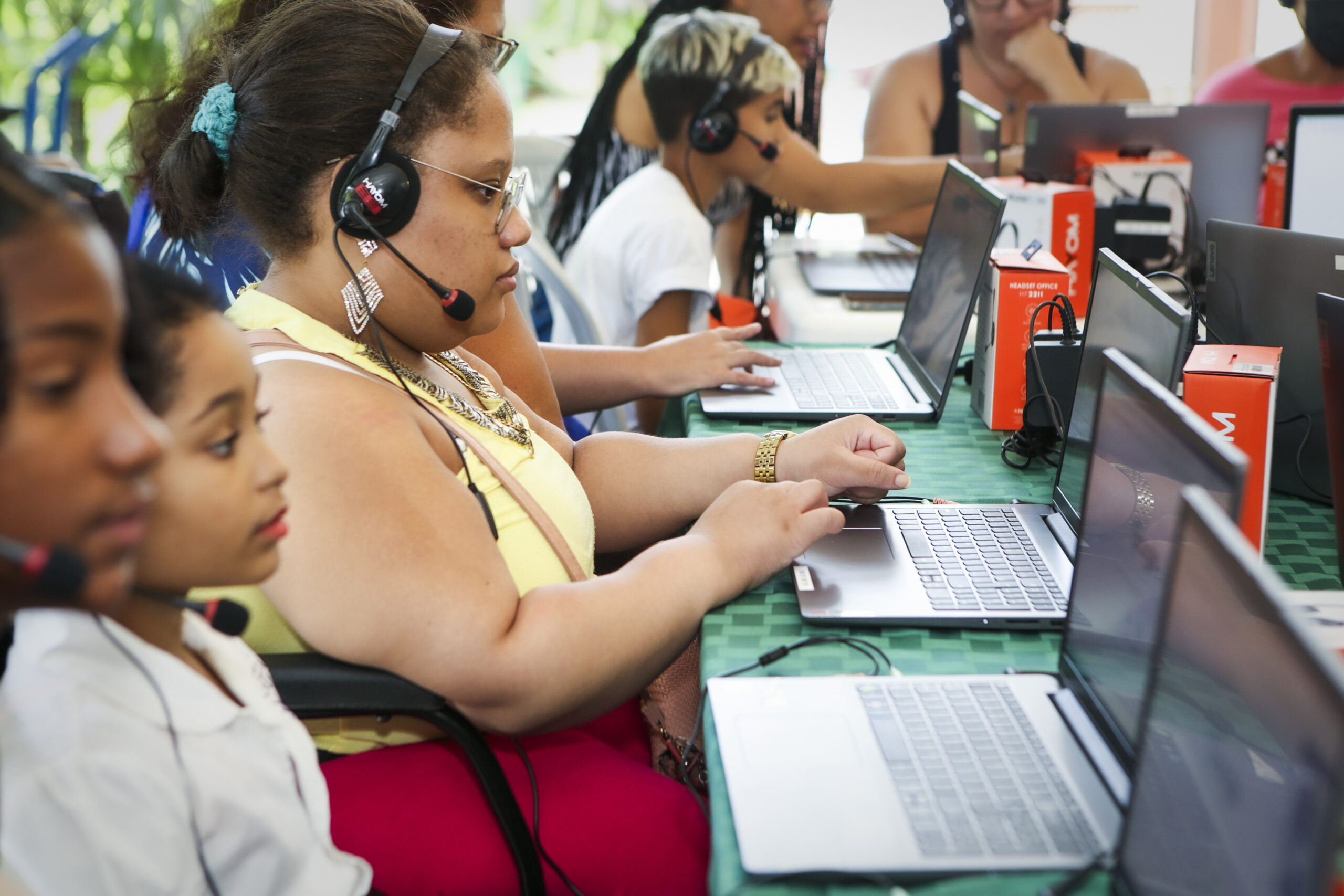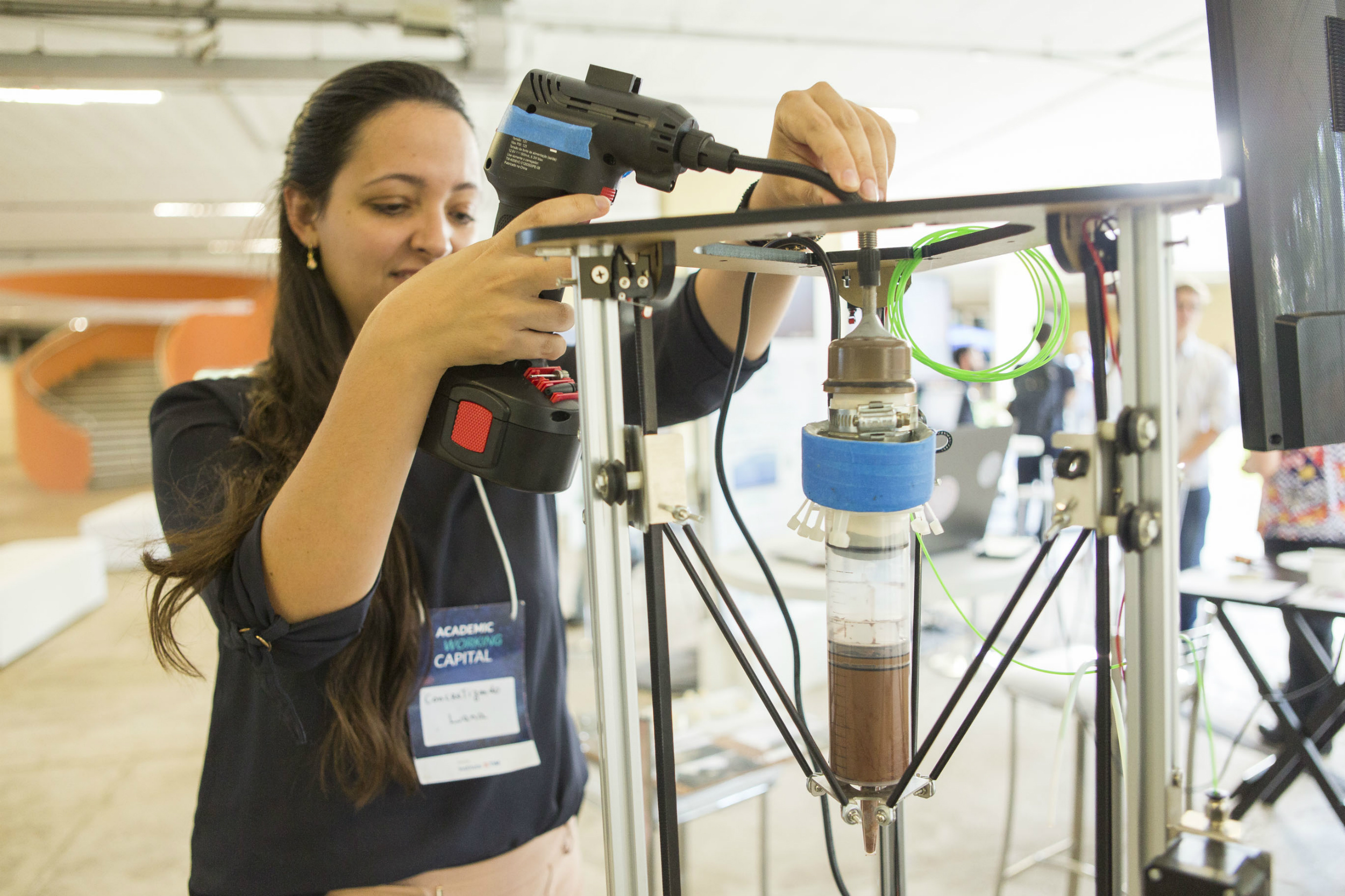
A day to talk about innovation and meet innovative proposals and projects. This was the Academic Working Capital 2019 Investment Fair, where participants in the program were able to present their solutions and value proposals already established in the market. The event, which marks the closing of the 5th edition of AWC, took place at Cubo Itaú, in São Paulo-SP, and brought together dozens of investors, entrepreneurs and specialists in entrepreneurship.
Learn about what Workshop III of AWC 2019 was like
At the opening, the AWC Strategic Coordinator, Diogo Dutra, recalled that more than 400 students from 12 states have already participated in the program, creating at least 30 technology-based companies. AWC General Coordinator, Professor Marcos Barreto, explained that the change brought by the program to students is reflected in the change students bring to their universities, spreading the idea that it is possible to do business as entrepreneurs during graduation and thus changing the spirit of the universities.
Instituto TIM’s representative, Marcio Lino, said that AWC shows, through university entrepreneurship, that the seed of innovation does not need to stay inside the university. “Creativity alone doesn’t generate innovation, it needs a method to create innovation, and what we do in this program is exactly to give that method”, he summarized, announcing that the program continues in 2020 with its 6th edition. Ministry of Science, Technology, Innovation and Communications (MCTIC) representative, Professor Regiane Romano, defended the integration between government, academy, and private initiative. “Don’t lose this thing of liking innovation, of liking to learn, don’t get tired of seeking knowledge,” she advised.
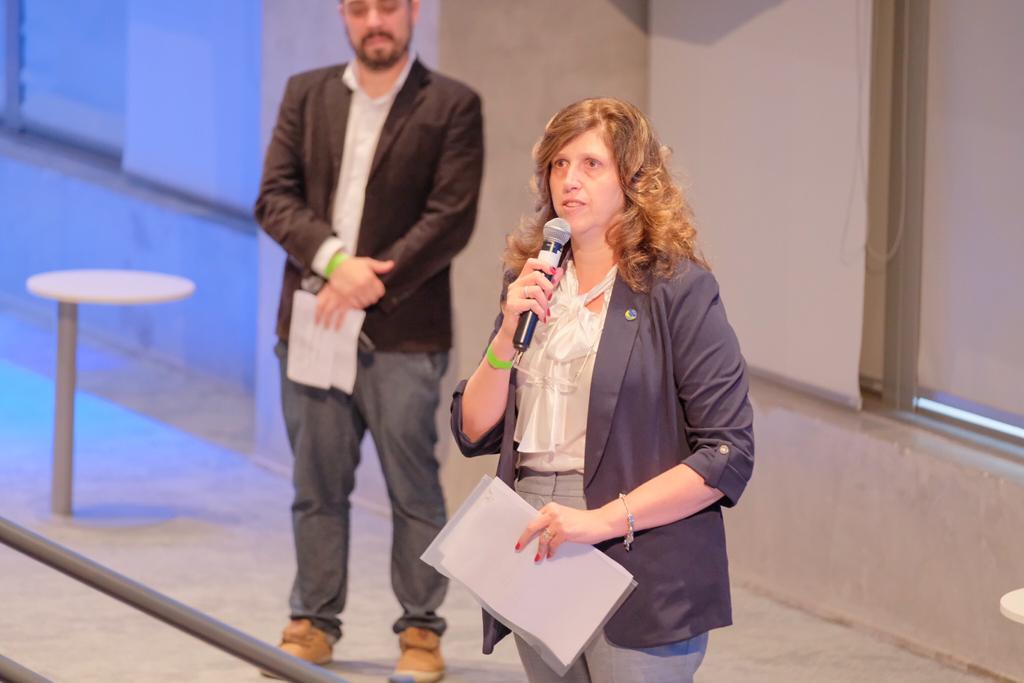
Five out of the 18 teams that made it to the final round of AWC 2019 were chosen to make pitches at the Fair: GAIA Greentech, that proposes an alternative for the disposal of electronic waste; InSite, solution that optimizes processes in civil construction; CPS (Cloud Predictive Solution), technology focused on failure prevention through data analysis; ThinkMilk, technological solution that helps dairy farmers to control mastitis; and Clara, a robot that increases precision and reduces risks in laparoscopic surgery.
Each representative had 5 minutes to present the startup and another 5 minutes to listen to the evaluation board, composed by Célia Kano, operations director of Rede Mulher Empreendedora, Alexandre Castanheira, investor of FEA Angels and CEO of Oito Consultoria Jurídica, and Rubens Approbato, co-founder of Poli Angels and Poli Start. The experts made comments, asked questions, made suggestions, criticized, and offered advice. “The solutions presented in fact solve society’s chronic problems, so they are extremely important,” said Regiane Romano of MCTIC. “I’m sure many here will be able to put this on the market, get out of the prototype part to actually become a product.”
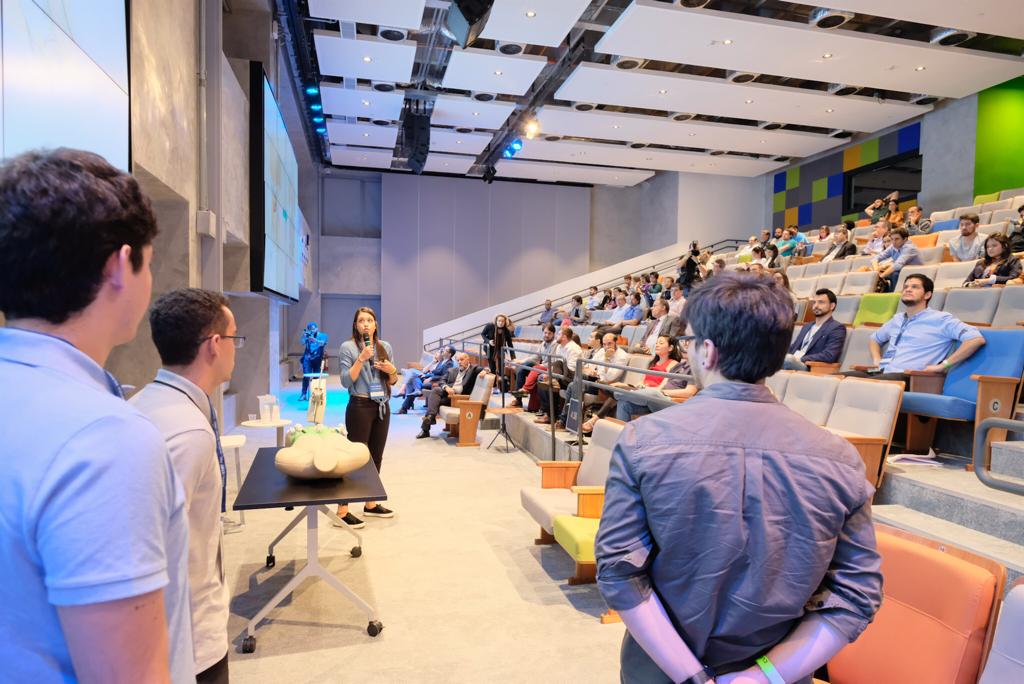

After the pitches, the guests could visit the stands of each startup at the open fair. In addition to the 2019 participants, there were five companies created in the past AWC editions: Aqualuz (2018), NextCam (2018), Casoca (2018), Kartado/Road Labs (2017), STEMblox (2017) and E-lastic/E-sporte (2016). The entrepreneurs João Fornari, from Kartado; João Macedo, from E-lastic; Mariana Ribeiro, from Casoca; Adriano Peniche dos Santos, from NextCam; Benjamin Teng Lin, from STEMblox; and Anna Luísa Beserra and Letícia Nunes Bezerra, from Aqualuz, also participated in the panel that closed the Fair, telling about their learning and the challenges they face in the market, and in which stage they are today.
